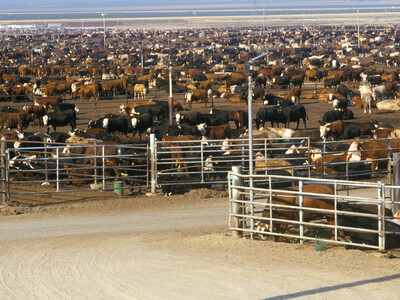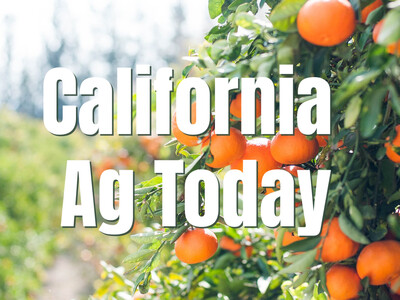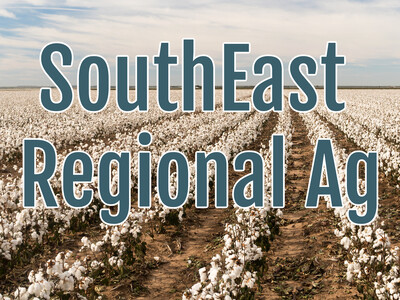Non-Transgenic Canola
Canola is a crop with plants from three to five feet tall that produce pods from which seeds are harvested and crushed to create canola oil and meal. Canola seeds contain about 44 percent oil. Canola oil is prized for its heart-healthy properties with the least saturated fat of all culinary oils. Canola oil is consumed all over the world. In the U.S., the ratio of supply versus demand of canola oil is about 1:3, which presents a huge opportunity for U.S. producers to grow more canola. Genetically modified canola is called transgenic. And we all know the flap that has been created by GMO and the lack of public trust. Now that we have settled that, a company called Cibus Global recently launched non-transgenic Canola™ in the United States. That's big news given that the term non-transgenic means that it is not a genetically modified product. Dave Voss, Vice President of Commercial Development at Cibus: "All of the major companies are using a technique that has been used for many many years. This process inserts foreign DNA into plants. That makes them transgenic. 90% of the major crops which include corn, soybean and canola are transgenic. What we have learned how to do is to make similar traits or characteristics in plants but through a natural process therefore it is non-transgenic.Cibus's non-transgenic canola offers farmers a new alternative for weed control in canola that provides sound stewardship options to deal with the management of glyphosate weed resistance. SU Canola is an optimal fit for rotation with glyphosate tolerant soybeans reducing weed pressure caused by volunteer glyphosate tolerant canola

















